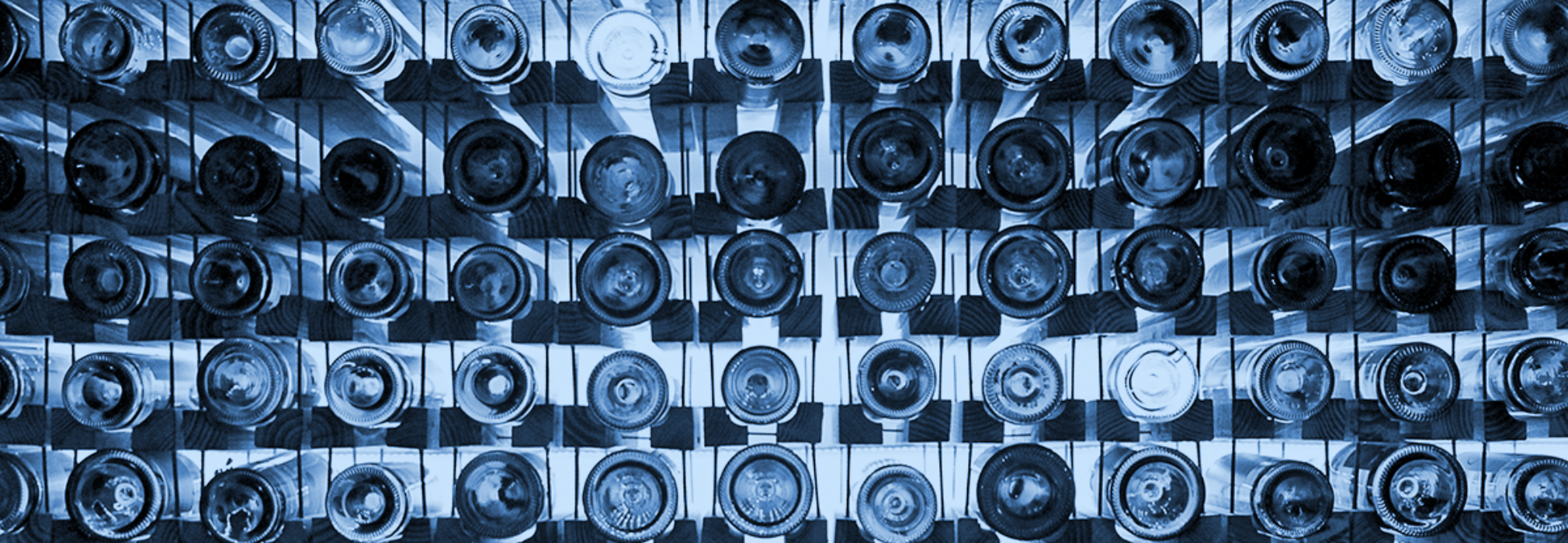Protokol is creating a revolutionary new application on behalf of Club dVIN, the premier global non-fungible token (NFT) wine club, to reward wine enthusiasts with exclusive experiences, content and NFTs, as well as helping to guide them along a tasting journey. The application will be used by Club dVIN to bring the wine industry into the realm of Web3, letting wine collectors add new dimensions to their collections.
Club dVIN is launching the application to bring together a new community of wine enthusiasts, collectors, and winemakers through technology . Protokol will also be creating Tasting Token™ NFTs for club dVIN’s members, which will not only give members access to exclusive rewards and experiences but also provide users with proof of experience. The Tasting Token™ NFTs will be issued by the purchaser when a bottle is opened, to those that they shared the wine with. Not only this, but winemakers and collaborators can use Tasting Token™ NFT data to communicate with wine lovers at the moment of consumption, and to provide benefits and incentives to their biggest fans. Using Club dVIN’s application, members will also be able to securely claim and store these NFTs.
Club dVIN chose Protokol to develop the application due to their in-depth blockchain expertise, deployment speed, and the ability to create highly bespoke and easy to use applications. Built with the customer experience in mind, Protokol’s application simplifies the onboarding of users who may lack experience with NFTs by providing a Web2 experience in a Web3 environment. This was achieved by integrating and utilising multiple technologies, including the Ethereum and Polygon blockchains. Club dVIN will make public debut on May 14th, with a charity event, followed by an initial offering of 4,000 NFT memberships.
Lars Rensing, CEO of Protokol, said: “Working with dVIN to bring a new calibre of NFTs to the wine industry has been a real joy. The Tasting Token™ NFTs that we have worked on for Club dVIN will allow wine collectors and fans to take their passion to the next level, keeping a record of their own tasting journeys for years to come. Blockchain technology has the potential to be revolutionary for the wine and luxury goods industry, and this partnership is a real testament to that.”
Kristjan Košič, CTO of Protokol, added: “Through our work for Club dVIN we’ve been able to deliver an NFT application that puts Club dVIN customers first, and will benefit not only them, but also winemakers and other industry collaborators looking to understand their consumers. The luxury industry is primed to reap the rewards of blockchain, and this innovative project is no exception.”
David Garret, co-founder Club dVIN, said: “Protokol’s experience and expertise of creating custom Web3 and NFT solutions with customer needs front of mind made them an ideal partner to deliver our vision. We’ve been thrilled to work with Protokol to bring this journey to life for our members.”
The partnership is just the beginning of a new wave of the application of blockchain within the luxury goods sector. With the luxury goods market set to reach almost $1.5 trillion by 2025, blockchain technology can be a key asset for luxury brands to solve some of the issues the industry is currently facing. By using blockchain, luxury brands can use NFTs to authenticate luxury goods, providing customers with an enhanced level of trust and opening up new revenue streams in resale markets. Blockchain can also be used by brands to create digital product passports, which store and share a product’s sustainability credentials and proof of ethical sourcing, so brands can enhance customer trust. With around 62% of consumers all over the world emphasising brand trust as one of the formidable sustainability factors driving purchasing decisions, tracing the lifecycle of a product means luxury goods brands can further appeal to ethical consumers. As well as this, linking physical products with NFTs means that brands can offer additional long-term value to customers, as well as further ensuring potential continued revenue streams for the original retailer. These passports can also be used in product resales to ensure that original creators can still receive some compensation from further sales.
The luxury market is increasingly utilising blockchain and NFT technology to both enhance the customer experience, increase transparency and traceability across the wider supply chain, and unlock new opportunities for growth. Examples like Club dVIN are only the start; we expect to see a lot more brands moving towards this space in the near future.
To hear more about the solution, or to find out more about how Protokol can help your luxury brand, contact Protokol to talk to our experts.



